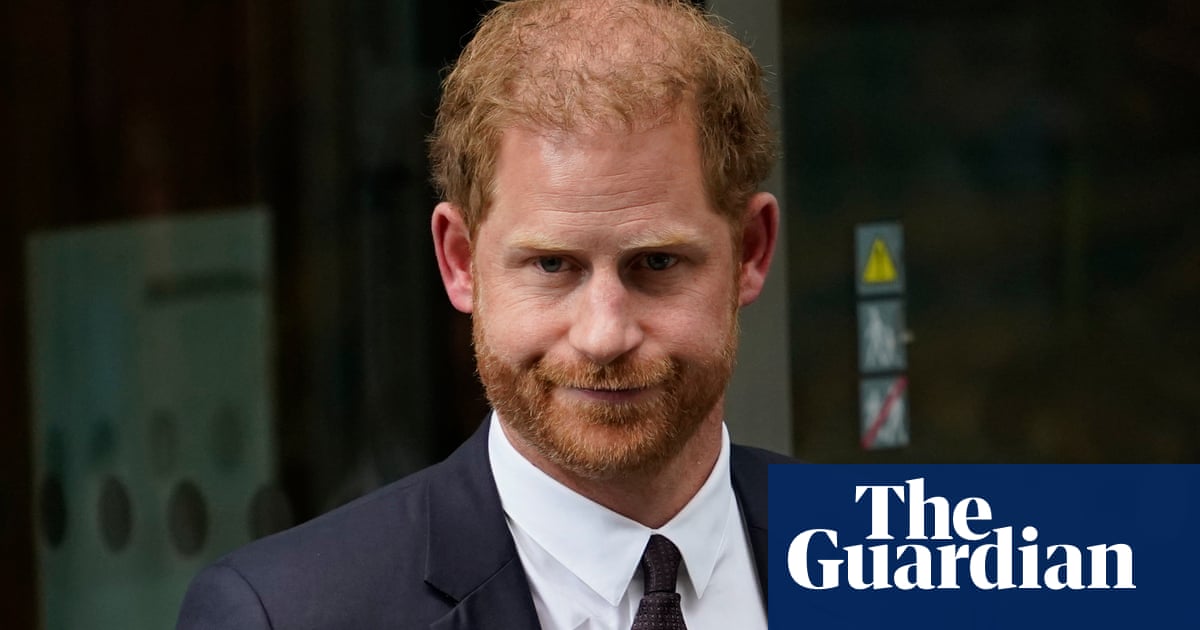
If a large-scale assault by pro-government and Arab coalition forces on Yemen’s Hodeidah had looked increasingly likely since the beginning of the year, events over the past few days made it inevitable. Hundreds of casualties among Houthi militias were reported earlier this week, and aid groups were told to abandon the area ahead of the push by pro-government and Arab coalition forces into the port and surrounding areas, which began on Wednesday.
The heightened military pressure on Houthi positions in Hodeidah province, coupled with the potential humanitarian impact of the battle, has sped up the UN-led efforts to reach a negotiated solution to the conflict. These efforts have laid bare two opposing views on the potential impact of the Hodeidah offensive and what it could achieve. Between them, there is the possible revival of the proposal to place Hodeidah port under international supervision.
One view, shared by the UN, aid agencies and some Western governments, holds that a protracted conflict for Hodeidah’s port — still a critical entry point for about 70 percent of food imports, medical aid and fuel — and urban areas would dramatically deteriorate the humanitarian situation. Well entrenched in and around the city, the Houthi militias could put up fierce resistance, while the Arab coalition would likely cut off all maritime supply lines into Hodeidah. In this scenario, Lise Grande, UN humanitarian coordinator for Yemen, estimates that, in Hodeidah alone, at least 250,000 residents would face serious risks, including starvation. The wider concern is that there is no good substitute for Hodeidah so, if the port becomes inoperative, much of northern Yemen — the most populated area of the country — could see a famine and cholera epidemic worsen quickly.
Politically, there is the fear, shared by recently appointed UN envoy to Yemen Martin Griffiths, that the battle for Hodeidah could see the UN peace plan become obsolete. In April, Griffiths told the UN Security Council that an attack on Hodeidah would “in a single stroke, take peace off the table.”
Details of a draft of the renewed plan were revealed a few days ago, but none of its main points — such as the Houthis giving up their ballistic missiles in return for a halt of the bombing campaign by the Arab coalition and an agreement on a transitional government — were new. The key could be in details surrounding the planned ceasefire, Houthi withdrawal from urban centers and disarmament.
On the humanitarian front, the Yemeni government and the Arab coalition point the finger to the way the Houthis have used aid to pursue their war effort
Dr. Manuel Almeida
The other view, which is held by the Yemeni government, virtually all factions fighting the Houthis on the ground, and the Arab coalition, is that only by keeping the military pressure on the Houthis will the militia’s hard-line leadership genuinely agree to a negotiated solution.
The US, which has been giving technical and logistical support to the Arab coalition, has held an ambiguous position on the Hodeidah offensive. The US Congress opposes it, yet there might be growing support within US government circles as it could be a way to end the stalemate. US support is considered essential, particularly to UAE forces. As a senior official recently told the Wall Street Journal: “We have folks who are frustrated and ready to say: Let’s do this. We’ve been flirting with this for a long time. Something needs to change the dynamic and, if we help the Emiratis do it better, this could be good.”
On the humanitarian front, the Yemeni government and the Arab coalition point the finger to the way the Houthis have used aid to pursue their war effort. The militia has consistently prevented food and medical supplies reaching disputed areas and levied taxes and tariffs on imports from Hodeidah as a key source of funding; a tendency that intensified once the militia depleted the Central Bank of Yemen’s reserves. Replacing the unruly militia with a competent administration that could run the port and organize the delivery of aid could ameliorate the humanitarian crisis.
In the middle of these opposing stances on the Hodeidah offensive is the idea of placing the port under international supervision. This proposal was initially put forward last year by Saudi Arabia, once rumours about the offensive and expressions of concern by aid groups started to emerge. The UN initially rejected the proposal, yet support for the plan has garnered considerable support.
In his latest visit to Sanaa earlier this month, Griffiths discussed this possibility with the Houthi leadership. The original proposal, backed by the Arab coalition and the Yemeni government, aimed to transform the whole governorate into a safe zone, free from armed conflict. Pro-government forces and the Arab coalition would halt military actions in the area and the Houthis would withdraw. A body composed of one representative of all main Yemeni factions would run the governorate, backed by teams of experts from the international community.
According to Al Arabiya TV, the Houthis have responded to Griffiths’ overtures with a set of demands if they are to surrender Hodeidah, including an end to coalition airstrikes against Houthi positions and the reopening of Sanaa airport. These demands tie in to issues that go well beyond the situation in Hodeidah. Thus, they are likely to be considered only in the case of negotiations about the conflict as a whole. This could either have a positive domino effect, or make the negotiations over Hodeidah far slower and more complicated than they already are.
The next few weeks could be decisive. Under pressure militarily, there is a chance that the Houthis will seriously consider the offer on the table, which remains the best of all options. As pro-government and coalition forces close in on the port and city, the impact of the fighting on the political process will become ever more unpredictable.
• Dr. Manuel Almeida is a political analyst and consultant focusing on the Middle East. He is the former editor of the English online edition of Asharq Al-Awsat newspaper and holds a Ph.D. in International Relations from the London School of Economics and Political Science.
Twitter: @_ManuelAlmeida












